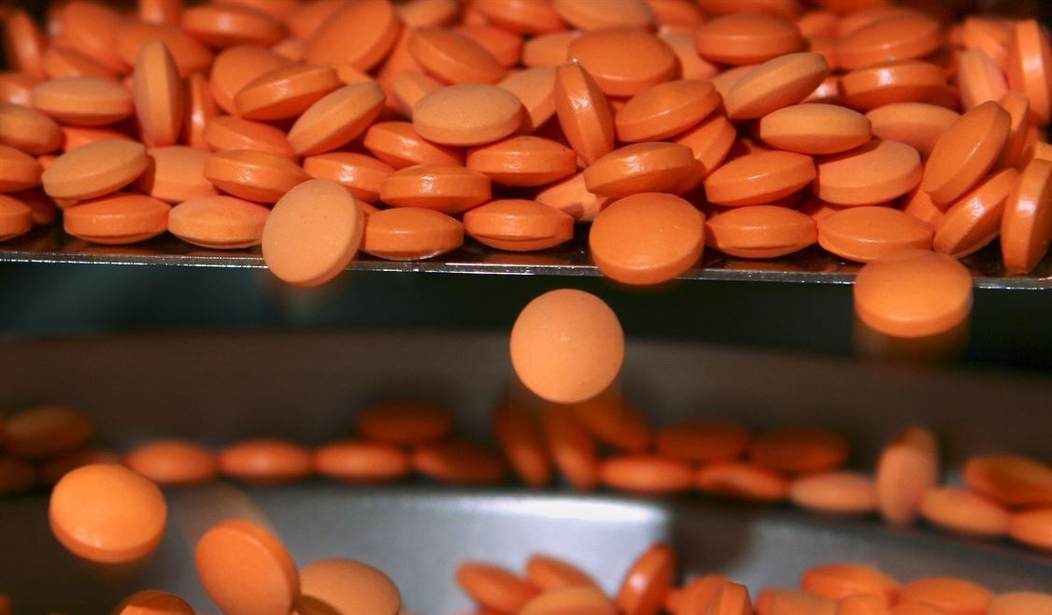The end of the pandemic is in sight, thanks in large part to the heroic efforts of the biopharmaceutical industry. American companies developed not one, but three vaccines in under a year, and roughly 3 million people are receiving those shots every day.
Lawmakers should be doing everything they can to facilitate similar successes in the future. But instead, some are trying to revive a deeply misguided bill -- the Lower Drug Costs Now Act, or H.R. 3 -- that would hamper innovation. In this case, three is not a prime number.
The bill, which passed the House in December 2019 but languished in the Senate, would cap prices on up to 250 commonly used medicines. A given drug could not exceed 120 percent of its average price in six other developed nations: France, Germany, Japan, Australia, Canada, and the United Kingdom.
Those referenced countries all have government-run health care systems. Their regulatory agencies set prices far below the drugs' true value -- and then deny them to their citizens.
Importing government-imposed price controls would discourage the medical innovation that benefits so many Americans. It costs north of $2.5 billion to bring a single drug to market. That tab is staggeringly high because most experimental drugs fail in the lab. And the ones that make it out of the lab generally prove either ineffective or unsafe in human testing. Only one in eight experimental medicines survives clinical trials and receives regulatory approval.
Recommended
By artificially capping prices, H.R. 3 would prevent companies from recouping their investments. In fact, the legislation could reduce biopharmaceutical firms' revenue by $1.5 trillion over the next decade, according to healthcare consultancy Avalere.
These companies, on average, dedicate nearly one-fifth of revenue to research and development. Simple math suggests the bill would cut funding for R&D by hundreds of billions of dollars. Economic consulting firm Vital Transformation estimates the legislation would snuff out 56 drugs -- including 16 cancer treatments -- that would have otherwise reached patients.
Patients aren't the only ones who'd lose under H.R. 3. The biopharmaceutical industry directly employs more than 810,000 workers and supports 4.7 million American jobs across its diversified supply chain. Roughly 700,000 of those jobs could be lost if H.R. 3 becomes law, according to the U.S. Chamber of Commerce.
And there's a real threat of that happening. Many in Washington are talking about using the cost savings from H.R. 3 to offset the price of a massive infrastructure bill, which Democrats could pass using "budget reconciliation" -- a legislative tactic that's immune to filibusters and requires only a simple majority of senators, rather than reach the typical 60-vote threshold.
H.R. 3 would not only risk the livelihoods of biopharmaceutical researchers, but the lives of those who benefit from ongoing discoveries.
As we emerge from Covid-19, now is hardly the time to play games with cutting-edge science. To defeat Alzheimer's and cancer -- and the inevitable next pandemic -- we need a biopharmaceutical industry that's incentivized to develop lifesaving treatments.
Peter J. Pitts, a former Food and Drug Administration associate commissioner, is president of the Center for Medicine in the Public Interest.
























Join the conversation as a VIP Member